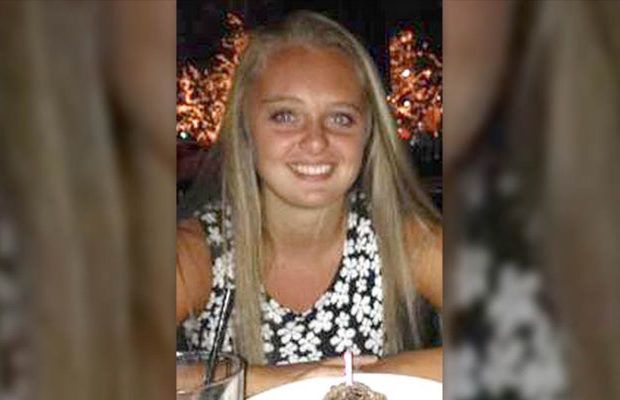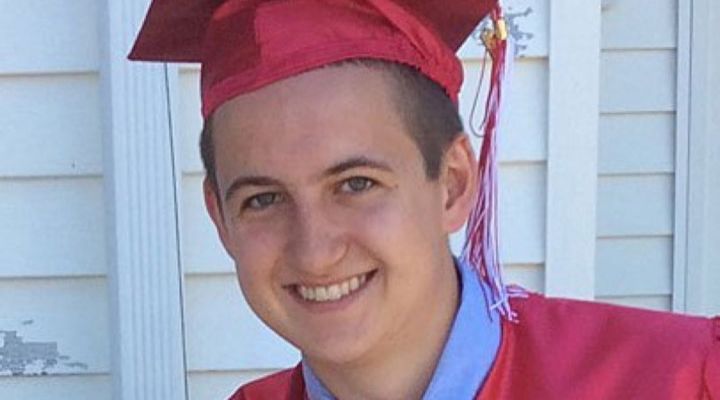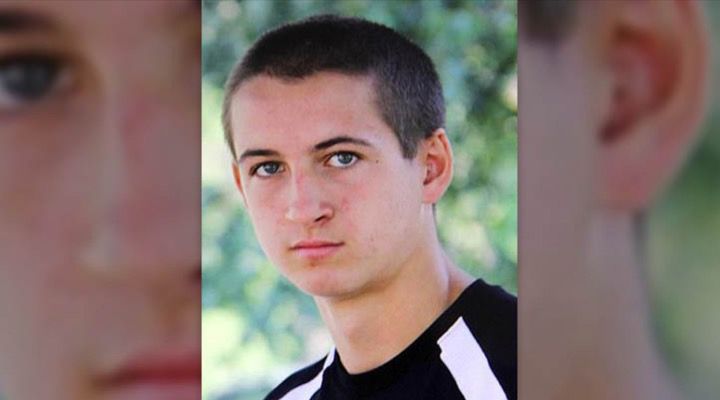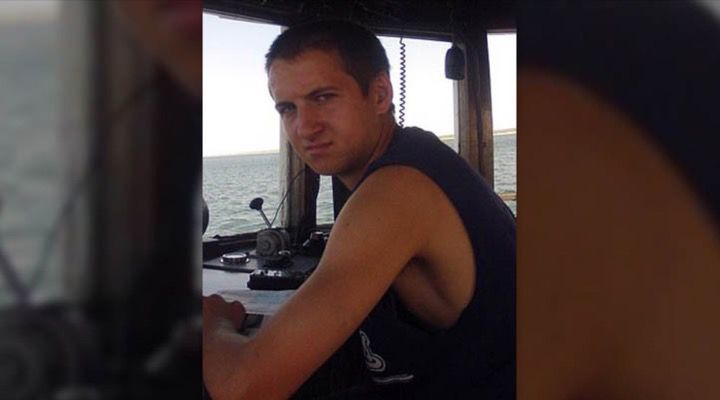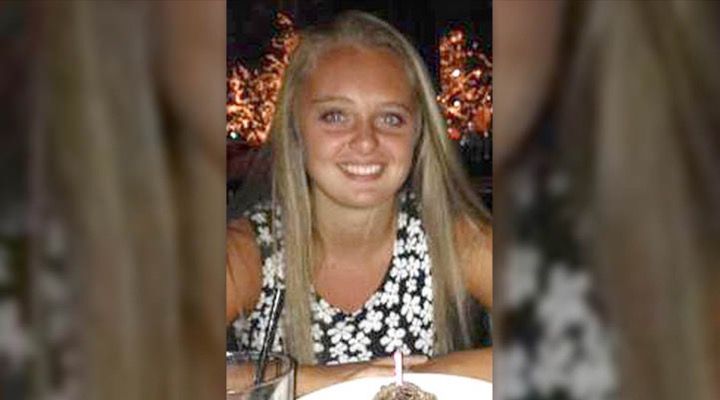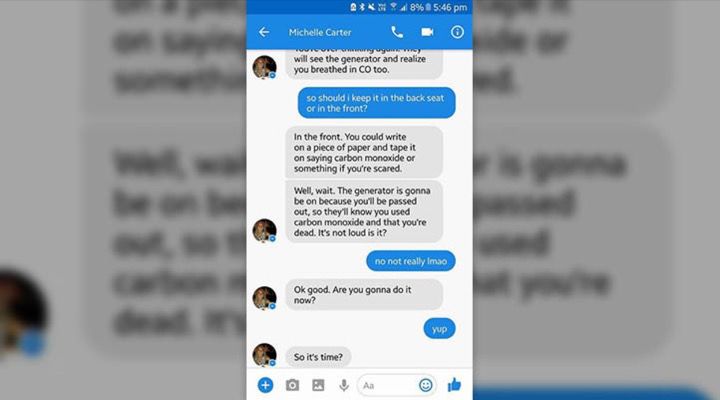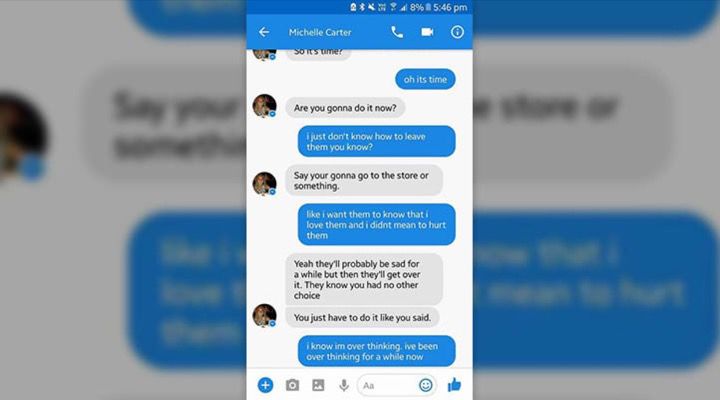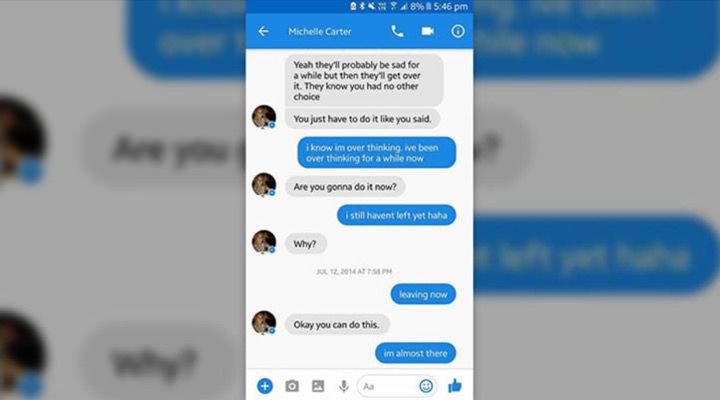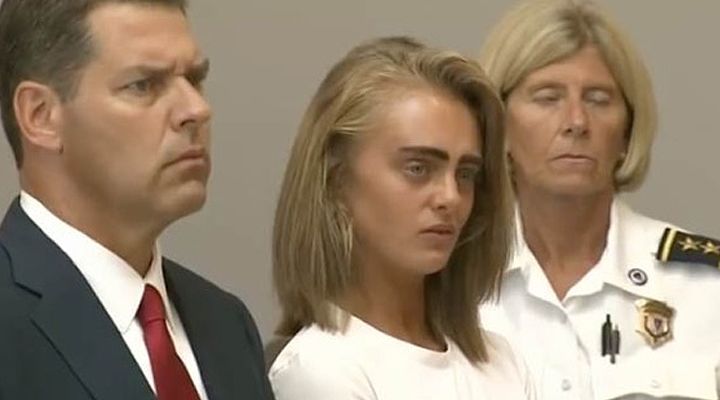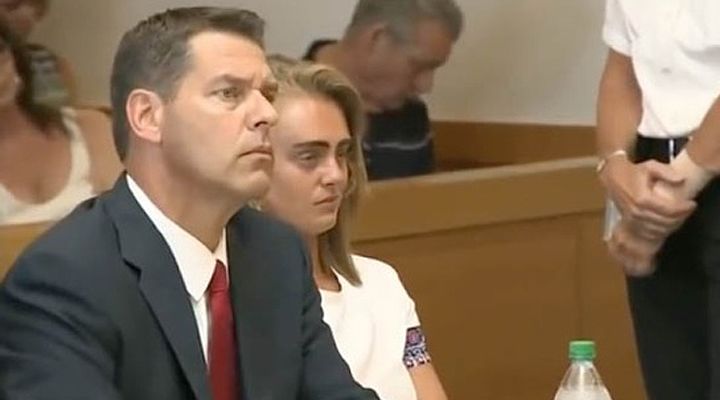When used for good, words can be incredibly empowering and uplifting. However, when used as a weapon, words actually have the power to cause bodily harm.
After a teenager tragically ended his life in 2014, a judge determined that his girlfriend was responsible as her words caused bodily harm. As a result, the judge ruled that she can and should be punished accordingly. Now, about five years later, that teenager is being forced to pay for those words after the Massachusetts Supreme Court upheld the controversial verdict…
A Missing Person
On July 12, 2014, a family from Fairhaven, Massachusetts called the police to report 18-year-old Conrad Roy III as missing. According to his family, the teenager never came home. While teenagers often miss curfews and stay out late, Conrad’s mother, Lynn, knew something was wrong.
Cause For Concern
Conrad had a history of depression and had previously tried to commit suicide. So when the 18-year-old never came home, Lynn couldn’t help but worry and felt something was wrong. At the time, Lynn feared her son might be trying to harm himself and wanted the police to help find him before it was too late.
A Tragic Discovery
Unfortunately, Lynn’s fears were right. The following day, authorities in Fairhaven, Massachusetts discovered the missing teenager’s body in a pickup truck parked outside a Kmart. According to the police who discovered him, the teen appeared to have committed suicide.
Cause Of Death
When the officers found the young man, it appeared he had killed himself by attaching a hose into the car from a portable generator. After turning the generator on, he got inside the vehicle and waited to die. Before long, the cabin filled with carbon monoxide and fatally poisoned him.
Shocking News
Shortly after discovering Conrad’s body, the police called his family and broke the devastating news. The family knew that Conrad had struggled in the past with depression and suicidal tendencies, but they were still blindsided by what happened as they thought the 18-year-old was doing well.
Signs Of Progress
Before learning of Conrad’s suicide, Lynn truly believed Conrad had been making progress. He was getting help and seemed to be getting better. According to Lynn, she had spent the day before Conrad’s death with him and his sister at Horseneck Beach in Westport, Massachusetts.
An Exciting Time
“I thought he was doing great,” Lynn said during testimony. Conrad had seemed better than he had in the past and on that last family outing, Conrad genuinely looked happy. On top of that, the 18-year-old also had been making future plans and had a bright future ahead of himself.
Future Plans
Conrad had recently been accepted into Fitchburg State University and had been excited about studying business when he started attending the school in the fall of that year. For that reason, Lynn couldn’t understand why her son had decided to end his life.
The Text Messages
For the police, the case seemed like a simple suicide, but they quickly realized it was more complicated than they first imagined after finding thousands of concerning messages in his phone from a girl named Michelle Carter, who was 17 years old at the time.
A Long-Distance Relationship
According to the police, Carter and Conrad were in a long distance relationship and had first met in 2012 when their families were both on vacation in Florida. While reading through their messages, it appeared Carter tried to help Conrad from 2012 to 2014. She encouraged him to get professional help, but he wouldn’t listen.
Disturbing Encouragement
According to the police, the case became more complicated when they realized Carter began encouraging Conrad to end his life starting around July of 2014. In the texts, Carter started giving Conrad ideas of ways to kill himself and badgered him to follow through with the plan.
Badgering Messages
According to Sgt. Michael Bates, who read thousands of texts between the pair, Carter told Conrad to “take 10 Benedryls and then wait 10 mins then take all the Tylenol.” Days later, Carter helped Conrad come up with his plan to use a portable generator to poison himself with carbon monoxide. The day of Conrad’s suicide, Carter pressured him and repeatedly asked him if he was finally going to go through with it.
Conrad’s Final Day
On the day of Conrad’s death, he expressed doubts and was afraid to follow through with the plan. At one point, the 18-year-old even got out of the car as the deadly fumes filled the cabin. When he called Carter, however, she told him to get back in and finish it. Carter then listened over the phone as Conrad got back in the truck, suffocated, and died. She never tried to call for help or tell the authorities what was happening.
Admitting Her Guilt
“Sam his death is my fault like [honestly] I could have stopped him I was on the phone with him and he got out of the car because it was working and he got scared and I [expletive] told him to get back in,” Carter wrote in a text to friend Samantha Boardman. “I knew he would do it all over the next day and I couldn’t have him live the way he was living anymore. I couldn’t do it. I wouldn’t let him. I should have did more and it’s all my fault because I could of stopped him but I [expletive] didn’t.”
The Charge
Because of her involvement with the plan, encouraging Conrad to end his life, and for failing to notify anyone, police charged Carter with involuntary manslaughter. “She never admitted to anyone in the Roy family that she had helped Conrad for weeks to devise a suicide plan, or that she was on the phone with Conrad and knew he committed suicide in the Kmart parking lot,” Assistant District Attorney Maryclare Flynn said in a statement.
The Verdict
Carter waived her right to a trial by jury because of the attention the case attracted. Judge Lawrence Moniz found the teenager guilty even though there was no law in Massachusetts at the time that made it a crime to assist in someone’s suicide. On June 17, 2017, Carter was convicted of involuntary manslaughter and sentenced to 15 months in jail.
The Appeal
Carter’s lawyers filed an appeal in 2018, which kept Carter out of jail until the appeal was resolved. “I am confident Michelle will be vindicated because I do not believe a law was broken and her words alone are not sufficient to establish manslaughter,” Carter’s attorney, Joseph Cataldo, said after her conviction.
The Supreme Court’s Ruling
However, the Massachusetts Supreme Court didn’t agree with Carter’s attorney. Instead, they upheld the conviction in February of 2019 and explained the Carter was partly to blame for Conrad’s death as she bullied and badgered him into committing suicide.
Justice Is Served
At a court hearing on February 11, 2019, the now 22-year-old was finally taken into custody in Taunton, Massachusetts and has begun serving her 15-month sentence. “We’re happy that this is the end of the process for us. We feel justice has been served,” Conrad’s aunt Becky Maki told reporters after Carter was taken into custody.
A Model Inmate
Carter’s lawyers still refuse to give up on the case and have claimed they will appeal to the U.S. Supreme Court. Meanwhile, Carter has been acclimating to life behind bars. “We haven’t had any problems with her. She’s been very polite with our staff. So far she’s been a model inmate,” Jonathan Darling, spokesman for Bristol County Sheriff Thomas Hodgson, told the Boston Herald.
